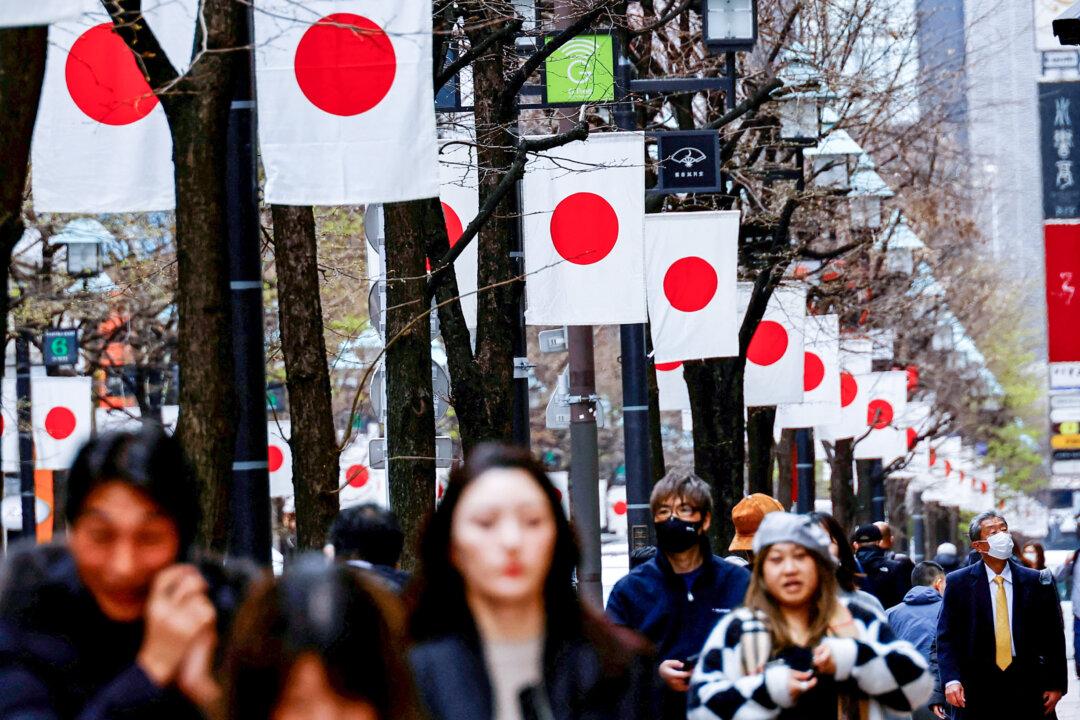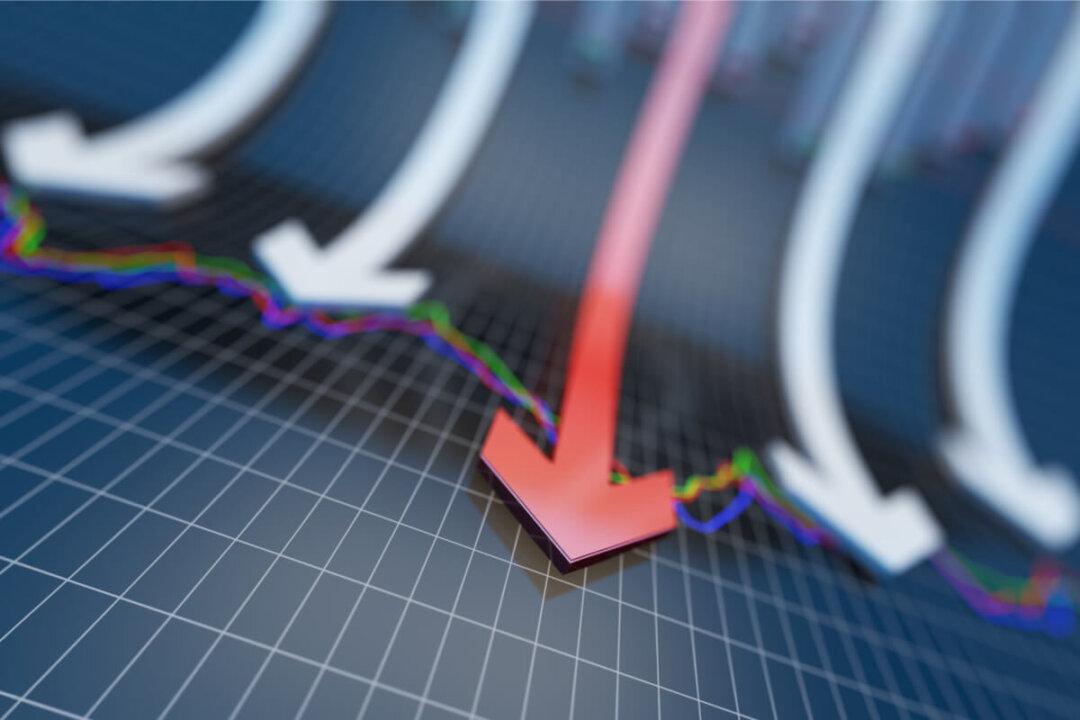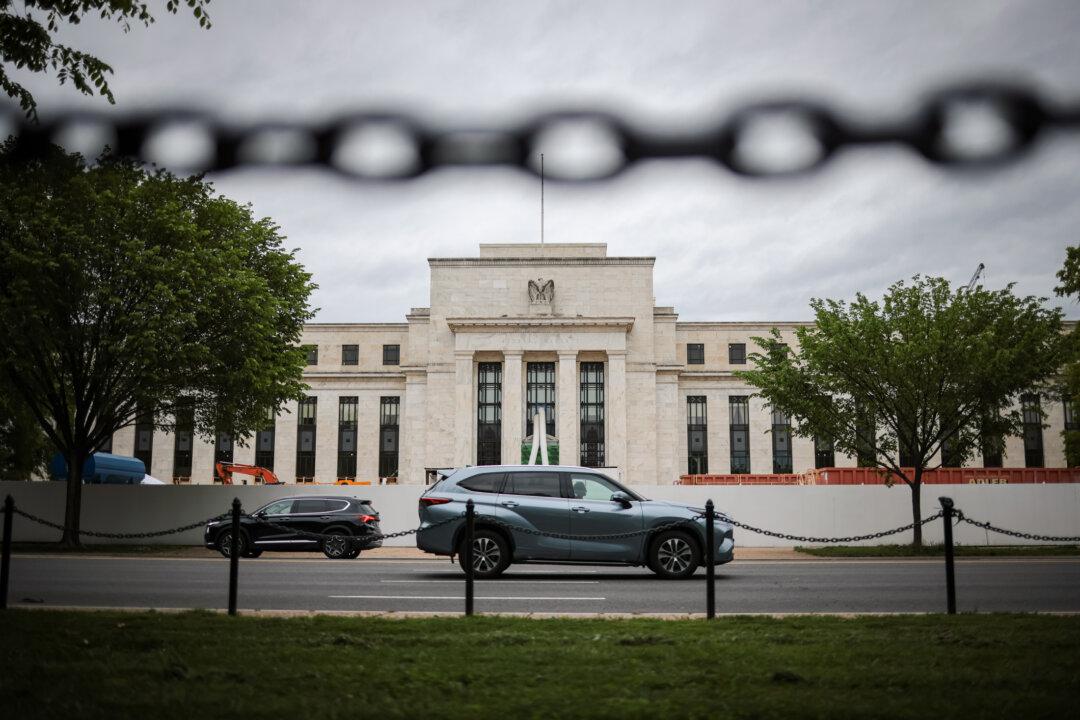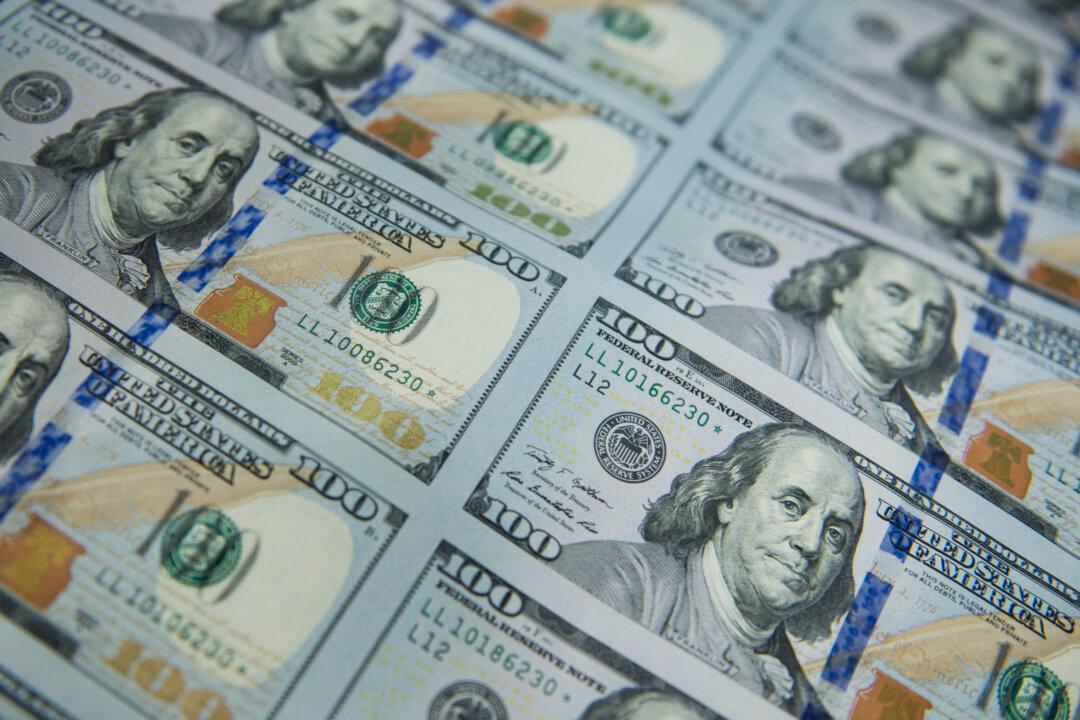Commentary
Japan has always been regarded as different from other countries. Beginning in the early 1990s, it experienced decades of prolonged deflation and zero interest rates. Now, it is considering an interest rate hike when other countries are preparing to cut rates.





